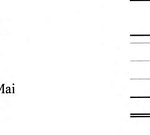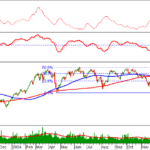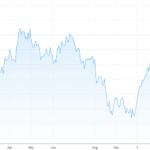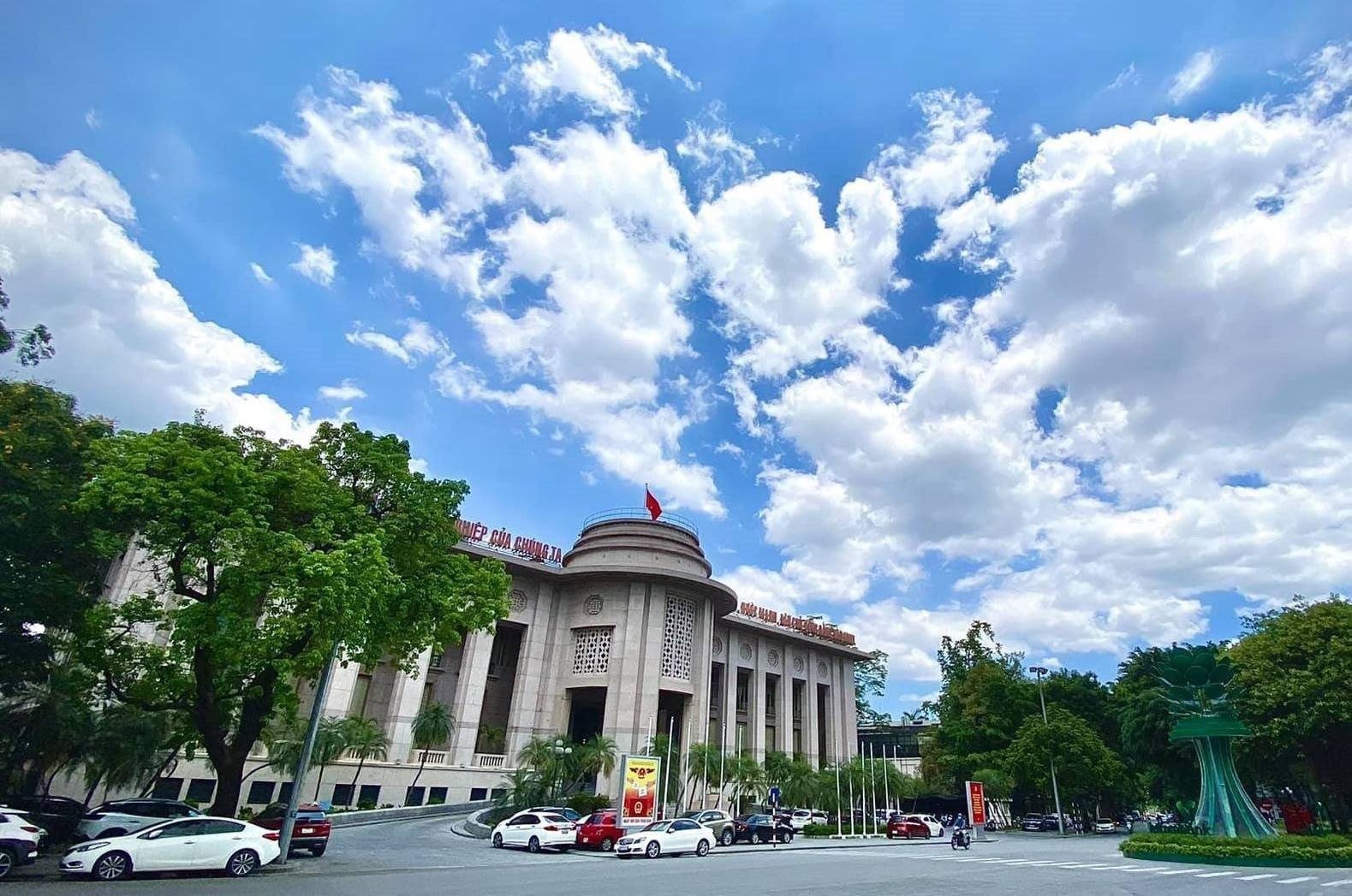
Illustration
After continuously supporting the banking system’s liquidity in November, the State Bank of Vietnam (SBV) has shifted to a net withdrawal position in recent sessions.
Specifically, in the December 3 trading session, the SBV offered VND10 trillion in 7-day term OMO bills at an interest rate of 4.0%. As a result, the entire offered amount was taken up, while VND20 trillion matured on this channel.
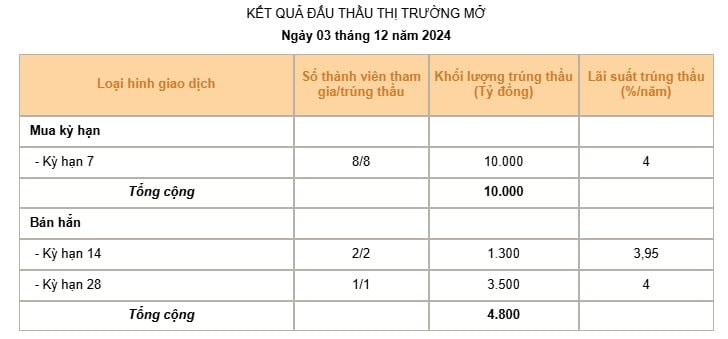
Source: SBV
In the bill channel, the SBV offered 14-day and 28-day term bills at a bidding interest rate. As a result, VND1,300 billion was taken up at the 14-day term at an interest rate of 3.95% and VND3,500 billion in bills were taken up at the 28-day term at an interest rate of 4.0%. Meanwhile, VND600 billion in bills matured.
In total, the SBV net withdrew VND14,200 billion from the market through the open market operations channel in the December 3 session. Previously, the operator also net withdrew nearly VND11,200 billion and VND28,480 billion in the December 2 and November 29 sessions, respectively.
In the last three sessions, the SBV has withdrawn nearly VND53,900 billion from the banking system. This was mostly through maturing OMO loans. As of the end of December 3, the outstanding OMO loans had decreased to nearly VND34,000 billion, while the outstanding bills in the market increased to VND25,480 billion. Thus, the SBV is net supporting VND8,500 billion to the banking system, a sharp decrease compared to the peak of nearly VND50,000-70,000 billion maintained in the late November period.
The SBV is gradually reducing the liquidity support to the system in the context of sharp declines in VND interbank interest rates in recent sessions.
According to data published by the SBV, the average VND interbank interest rate for the overnight term (the main term accounting for about 90% of transaction value) in the November 29 session decreased to 3.11%/year. Compared to the rate of over 6%/year recorded in early November, the overnight interbank interest rate has halved. Along with the overnight term, the interest rates of most other key terms also decreased significantly compared to the beginning of November.
In response to the sharp decline in interbank interest rates, from the December 2 session, the SBV offered 14-day term bills again, in addition to maintaining the 28-day term. Following this move, the VND interbank interest rate for the overnight term increased again to above 4%/year. The re-offering of 14-day term bills is aimed at tighter control of interbank interest rate movements, to prevent the case of VND interbank interest rates falling too deeply, putting pressure on exchange rates.
In fact, although there have not been many strong fluctuations in recent sessions, the USD/VND exchange rate is still at a historical high.
In the interbank market, the exchange rate closed the December 3 session at 25,405 VND/USD, just VND45 lower than the SBV’s selling intervention price. Usually, when the interbank exchange rate exceeds the selling intervention price, banks will start buying USD from the SBV.
In the interbank-to-people market, banks continued to increase the USD/VND exchange rate to near the ceiling in the morning session today. According to a survey at 10 am, all major banks currently quote the selling price of USD at 25,475 VND/USD, the allowed trading ceiling.
USD/VND exchange rates at banks have continuously been quoted at the ceiling or near the ceiling for more than 6 weeks. Since the beginning of the year, the USD price at banks has increased by more than VND1,000, or 4.3%. In October and November alone, the VND has depreciated by more than 3% against the USD.
Currently, the SBV has been coordinating the deployment of its tools to curb the rise of the exchange rate.
The first measure used by the SBV is the maintenance of the bill issuance channel over the past 1.5 months. Accordingly, from October 18, the SBV started offering bills again. The resumption of bill offering activities indicates the orientation of withdrawing VND liquidity from the banking system and tending to increase VND interbank interest rates.
For banks in need of support, the SBV is still ready to lend through the OMO channel, but these banks must accept a non-cheap interest rate of 4%/year.
The simultaneous use of bills and OMO aims to achieve the dual goal of ensuring liquidity for the banking system and reducing pressure on exchange rates by narrowing the interest rate gap between USD and VND in the interbank market.
In addition, from the afternoon of October 24, the SBV increased the intervention selling price of USD quoted at the Trading Center to 25,450 VND/USD. At the same time, according to some sources in the interbank market, the SBV has informed banks about resuming the activity of selling intervention foreign currency in the form of spot transactions, at the exchange rate of 25,450 VND/USD – the same intervention price that the SBV offered in April 2024. This is considered a strong intervention measure by the SBV to stabilize the foreign currency market.
Suburban Land Auctions: Where Dreams Die and Prices Soar
After land auctions with thousands of participants, where prices were driven up to 5-14 times their starting value, recent land auctions have been plagued by further instability. Bidders offered prices of up to 30 billion VND per square meter in one round, only to offer zero in the next, or participants abruptly left the auction midway.
Are Social Housing Buyers About to Get a Boost?
The Ministry of Construction is seeking feedback from other ministries and sectors on a draft resolution to allocate preferential capital for social housing development. The proposed package, totaling approximately VND 100,000 billion, would be funded through the issuance of government bonds. This is the first time the Ministry has suggested utilizing government bonds as a means to facilitate social housing projects.


























